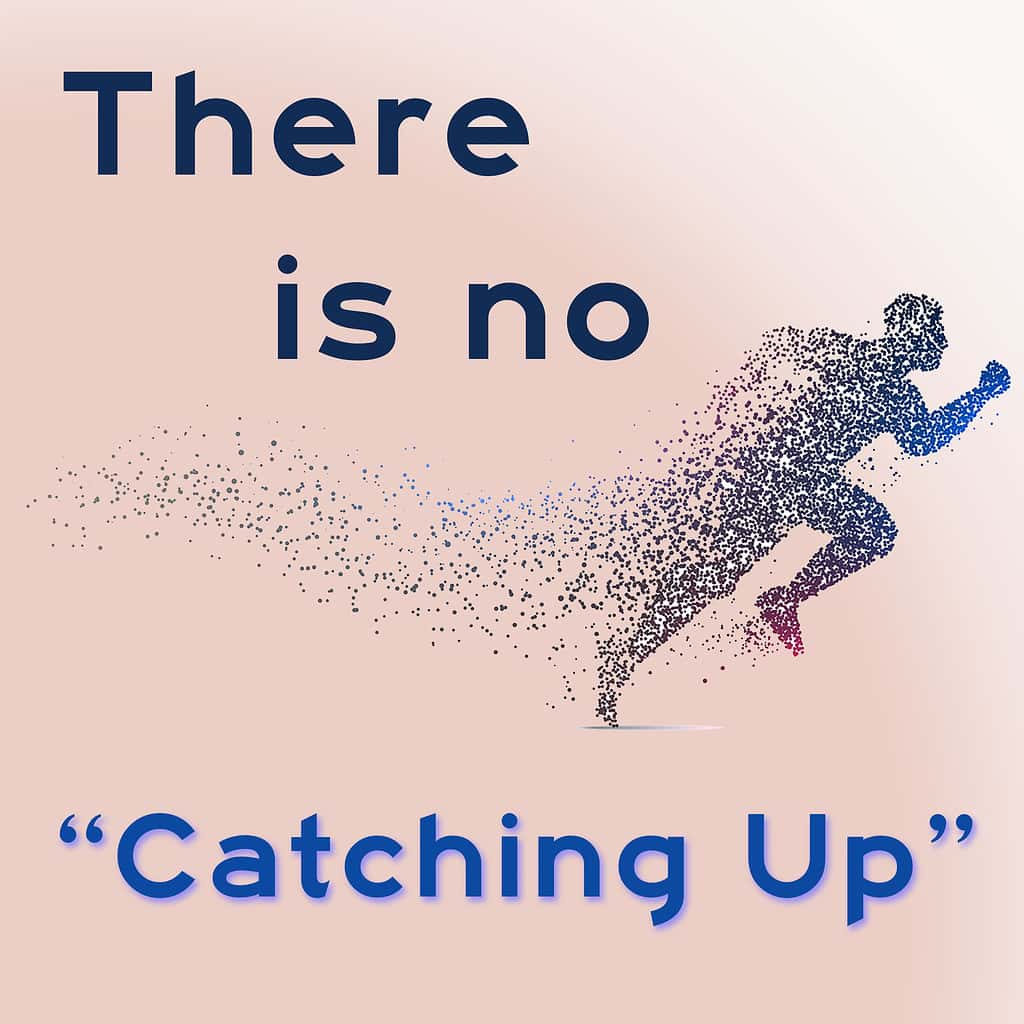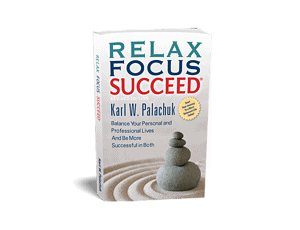I have discovered two situations in which I’m willing to open my wallet and say “Here. Take whatever you want.”
The fist situation is Disneyland. Mickey Mouse can have all the money he wants. When we’re at Disneyland, I’m happy and relaxed. My daughter is totally wired, bouncing off the walls, and hyperventilating with fun. So, lunch is $29 for three people? No problem. $50 for a sweatshirt I’ll wear twice a year? Sounds like a bargain.
And all this is after paying for hotel, airfare, and admission to the park. Somehow, Disneyland sucks you in and makes you feel that everything is okay. You’re happy, relaxed, energetic. Your attitude is positive and troubles have a tough time getting your attention.
You might replace Disneyland with Maui or some other place. But the idea’s the same.
The other time when I open my wallet freely is during times of stress or emergency. Something bad has happened and I need to make the problem go away as soon as possible. As a consultant I see this all the time. When people have an urgent need, they are willing to pay more. I can’t count how many times I’ve heard a client say “Is there any amount of money that will get this done faster?”
Perhaps the perfect example of this is shipping a package. You might pay a low price for “ground” shipping, but a much higher price for 2nd-day. Overnight is a lot more. Overnight by 10AM? Much much more. I once witnessed a man pay $50 to have a dozen donuts shipped overnight to his mother.
So, when do we open our wallets? At the extremes. We are willing to spend money when we’re happy and content or when we’re overwhelmed and frustrated. In both of these situations your spending habits will be less rational than normal: You won’t shop prices and you won’t make good decisions. And yet one of these situations is clearly preferable to the other.
We’d all rather open our wallets to Mickey Mouse than to the repairman. Why? Because we’re in control. At Disneyland, we are making all the choices. We’ve planned to be there. We’ve made decisions and set aside some money.
In an emergency or stressful situation, of course, we feel that we’re not in control. Even if we get to make all the decisions, we feel trapped–we feel like we don’t have “real” choices because we don’t have the choice of walking away and not dealing with the problem.
So, what can you do to improve your attitude, choices, and effectiveness during emergencies and times of stress?
First, spend more time in the happy and content state.
You’re first reaction is probably “Easier said than done.” True, but you control a great deal about your attitude and your reaction to situations. You can choose to avoid being overwhelmed and frustrated.
One of the great benefits of meditation is that you learn to take a few breaths and relax, calm yourself, and focus on what’s going on at this moment.
When I first started taking yoga classes, I had an instructor who finished the class with a relaxation exercise. We would all lie on the floor, eyes closed. And she would say “This place is always available to you. Come here when you need to center yourself and relax.” At first I thought she meant the yoga studio. (I’m pretty slow sometimes.)
By “this place” she meant the place of relaxation. But to have relaxation available to you on “short notice,” you have to practice. Being able to take three breaths and relax yourself takes practice. You need to do it every day when you’re not stressed out. Get to know how it feels. Be comfortable with that state. Then you can call on it as needed.
Second, when emergencies (or other stressful situations) happen, remember to stay calm. Stop and think about your resources. One of the great causes of stress is the belief that “I don’t know what to do.” In reality, we usually do know what to do but we’re too anxious to think straight right away. Again: Relax . . . Focus.
Third, don’t be too shy to ask for help. Most of the time we don’t need help and we get out of the habit of asking for it. When we do ask, we are pleasantly surprised at the great response we receive. How many times have you seen people “come out of the woodwork” to help? Friends, relatives, and even casual acquaintances are their for you to rely on. You’re not alone!
Fourth, communicate. In stressful situations, you need to divide people into two groups — those who are close to you and those who are not. Chances are very good that those close to you will also be affected by the stressful situation. Let them know what you’re thinking, engage them in solving the problem, and reassure them that you’ll get through it together. “Others” will be less directly affected. They may be more useful at accessing resources and giving a more balanced view of the problem.
As with anything else, you need to practice the skills of stress management before they are needed. Practice relaxing and focusing. Practice asking for help and communicating.
And spend more time at Disneyland!







